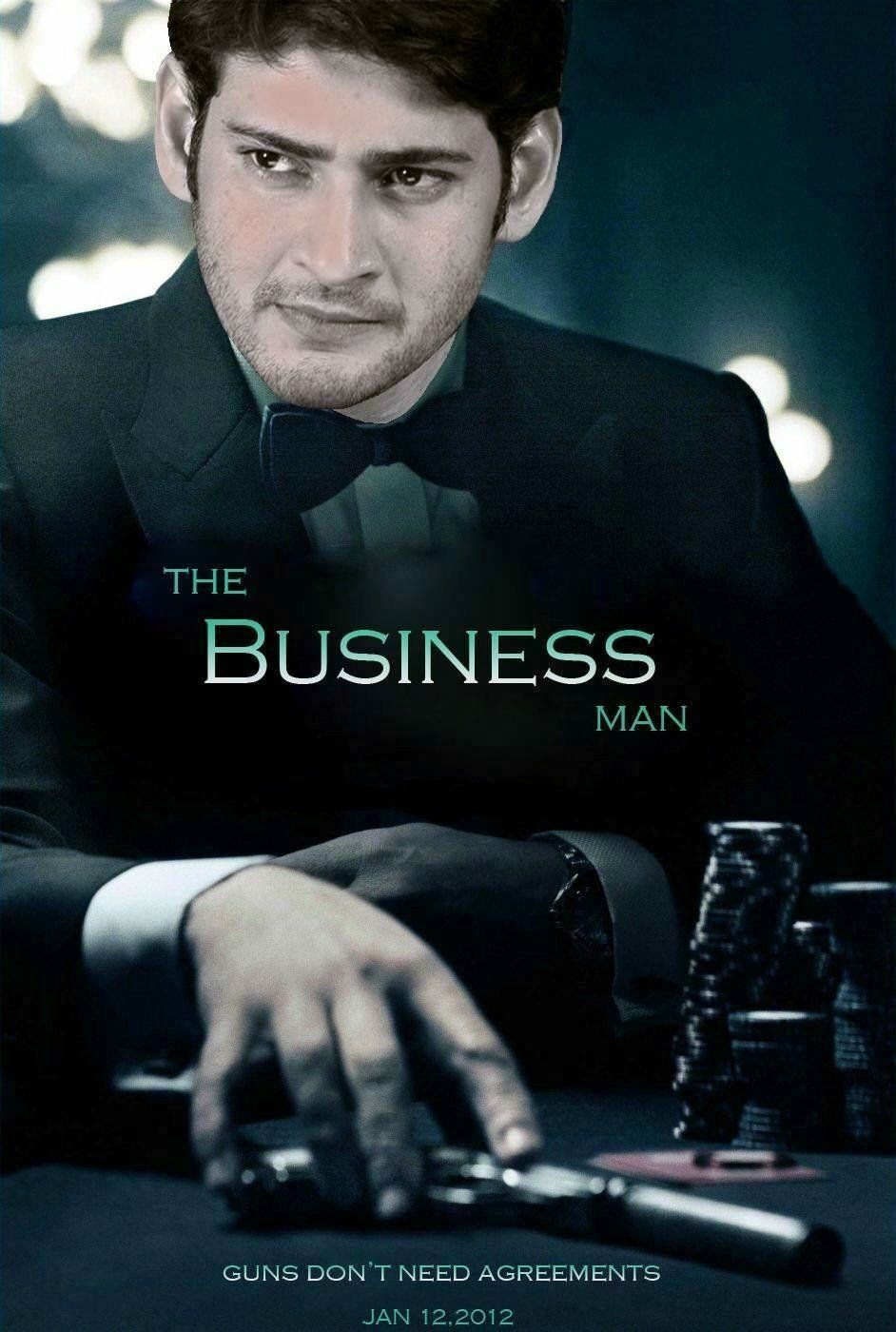The air in the open-plan office hung thick with the scent of artisanal coffee and unspoken questions. Everyone was an “owner” here, declared the mission statement proudly displayed on a minimalist screen saver. No job titles, just collective brilliance. Yet, when the conversation veered, as it always did, towards the critical architectural decision for Project Nova-a decision that would lock in the tech stack for the next seven years-all eyes invariably drifted to Marcus. He wasn’t the CEO, not on paper. He was merely “co-founder and visionary guide,” a title so nebulous it might as well have been a haiku. But when he cleared his throat, the collective hum of collaboration quieted. A brief, almost imperceptible nod from him, and the debate, which had been vibrant moments before, evaporated. “Let’s move forward with Option B,” he stated, a casual pronouncement that carried the weight of a decree. No formal vote. No documented rationale. Just an invisible hand, shaping the future, leaving a subtle tremor of unease in its wake. It felt less like a commune and more like a monarchy disguised in ethically sourced organic cotton.
This is the seductive lie of the flat hierarchy: the promise of liberation from bureaucratic chains, often delivering only a more intricate, invisible cage.
The Illusion of Liberation
We chase the ideal of boundless creativity




















